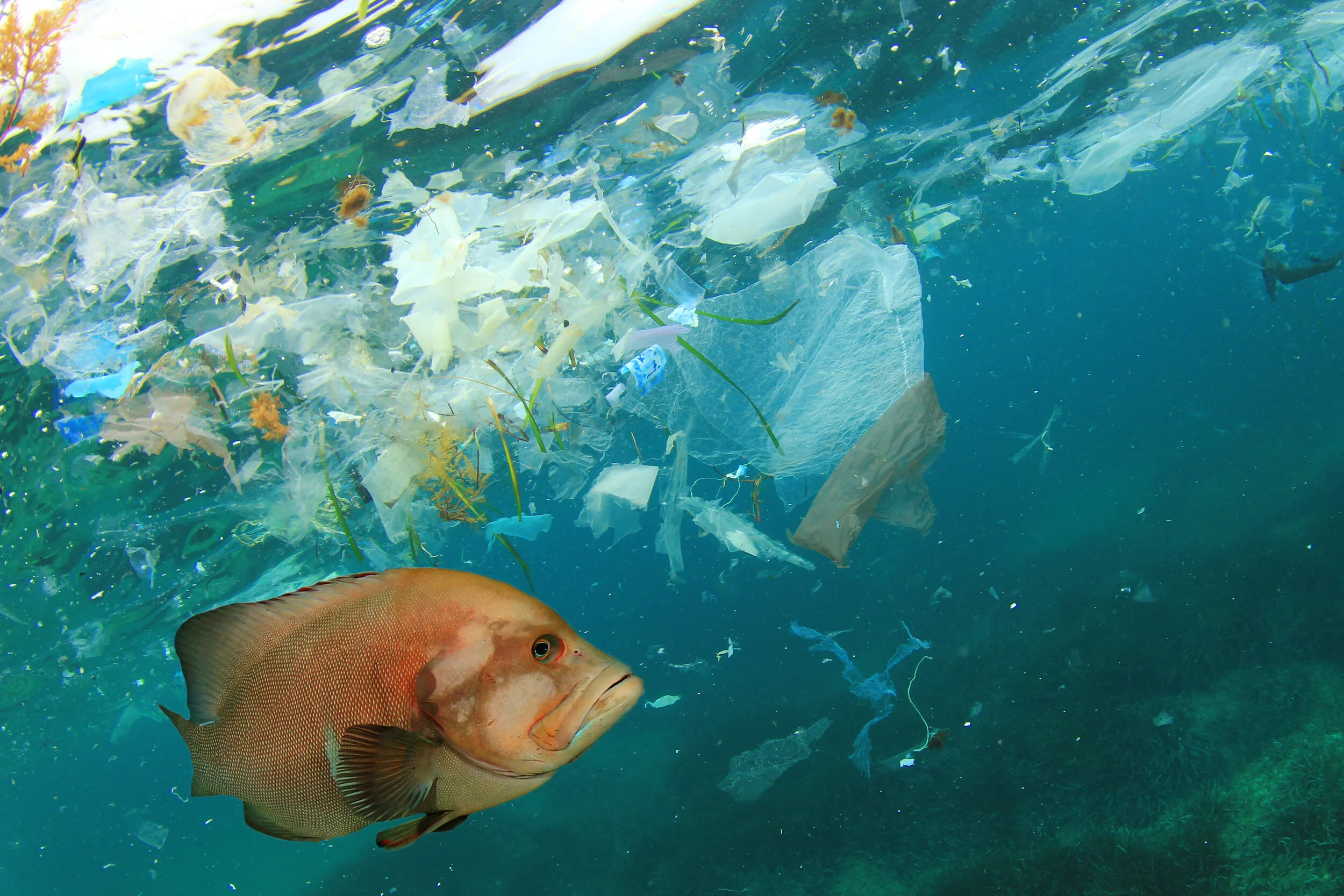What am I eating?
On the ABC Television last Sunday night, I watched Fight for Planet A: Our Climate Challenge. This program, hosted by Craig Reucassel, opened my eyes to how our eating habits are affecting our planet. This documentary mainly focused on the amount of carbon footprint our beef industry and the land clearing that goes to produce our beef has on our earth. This was an eye opener for me. I reduced the amount of red meat I eat several years ago, turning to fish and chicken as my preferred proteins. I’m glad I did this because I was horrified to learn how raising beef impacts the carbon footprint.
The documentary, had me thinking about the amount of plastic that is clogging our waterways. It appears these issues are impacting my health more than I thought. I have been concerned about the amount of plastic entering our waterways since the 1970s.
Plastic is a great invention. It has helped us in all areas of our lives, including putting men on the moon. When I look at the image in this post, I am horrified at the amount of plastic this fish is swimming with. How does this fish see the plastic? As food? I hope not! Because if this fish eats any of this plastic it will die. Its stomach will become full of this indigestible garbage. The long-term effect is death of our sea creatures and eventually death of humans and the death of our planet.
The image shows the big pieces of plastic rubbish. What about the smaller pieces that have been pounded by waves and broken down into small pieces.? Where are they going? I would bet into the bellies of our fish, too, and those smaller microscopic pieces may just slip into the blood stream of these fish and become imbedded into the flesh and eventually into our own stomachs when we eat the fish.
We are facing some major food issues here. Above the water we are faced with carbon issues and below the water we are faced with plastics causing major health issues for ourselves and most importantly our children, not to mention the clogging of the beaches.
It’s time we took these issues more seriously. A huge thanks to Craig Ruecassel for bringing these issues into our living rooms and showing us how we can make a difference by being mindful of what we buy and how we dispose of our garbage.
I’d love to hear how you are changing your lifestyle to reduce the effect these two issues have on our plant. Leave me a comment below.
